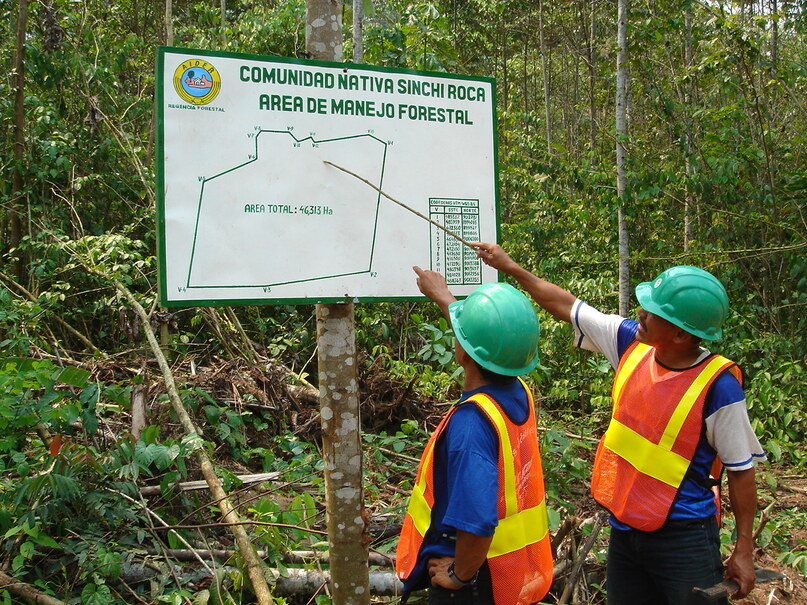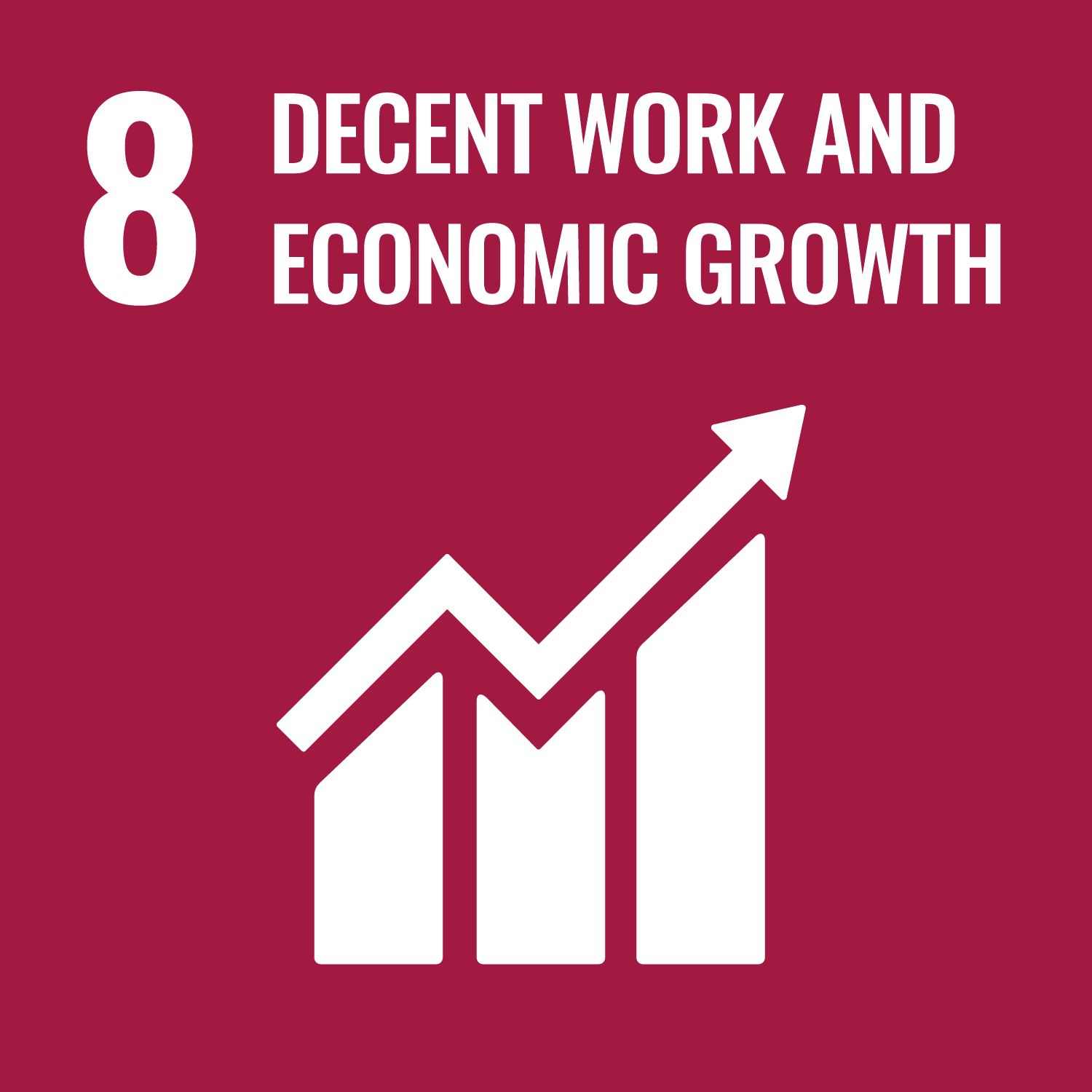Redesign incentives to encourage SFM, says new study
23 April 2021, Yokohama, Japan

Forest workers discuss operations in a forest management area in the Peruvian Amazon, Ucayali, Peru. Photo: P. Recavarren/AIDER
Yokohama, 23 April 2021: Governments could do much more to incentivize sustainable forest management (SFM) in the tropics, according to an ITTO report authored by CIRAD’s Alain Karsenty released today. The report, which examines existing regimes in eight tropical countries, finds that few existing incentives are linked to the quality of forest management and therefore do little to encourage it.
Fiscal and Non-fiscal Incentives for Sustainable Forest Management provides an analytical view of existing and potential incentives and disincentives for sustainable tropical forest management. The aim is to assist ITTO producer member countries in developing and implementing effective and successful incentives for the sustainable development of their forests.
The report makes 22 recommendations for governments and stakeholders. For example, it recommends that governments link fiscal incentives to independent third-party certification. One approach explored is a “bonus–malus” mechanism in which a lower tax rate for certified operations (the “bonus”) is funded, at least partly, by the increased rate for uncertified products (the “malus”).
The report cites a bonus–malus policy adopted in Gabon in 2020 that identifies three rates for an area-based tax: 1) the most favourable rate—for concessions with forest certification; 2) an intermediate rate for concessions with legality certificates; and 3) the highest rate—for concessions without certification.
As Karsenty notes in the report, however, governments may worry that such an approach would disadvantage those operations that lack the means to immediately obtain certification. In this case, the lower tax rate for certified companies could be met, at least for a period, by international transfers between a producer country and international development partners. Another crucial recommendation in the report is that governments develop theories of change as a way of maximizing the success of policies to incentivize SFM.
The report also examines non-fiscal incentives. For example, it recommends prioritizing the recognition of forest property rights for communities, households and families to support small-scale private forestry. This would encourage farmers to keep and take care of trees and increase opportunities for the development of legal small-scale enterprises.
The report was produced as part of an ongoing activity in ITTO’s biennial work programme, which also funded a workshop on incentives for SFM with the World Bank in 2019; the workshop led to a related World Bank publication, Designing Fiscal Instruments for Sustainable Forests. ITTO undertook another related study in 2020 on trends in tropical timber supply and demand to 2050 (and implications for SFM incentives); the report of this study, Tropical Timber 2050, will be published by mid-2021 and posted on the ITTO website, together with the current report.
The report and its annex, which includes detailed case studies undertaken in Brazil, Cambodia, the Congo, Côte d’Ivoire, Myanmar, Peru, Thailand and Viet Nam, are available at www.itto.int/technical_report.
Download the publication
Download the publication’s annex


